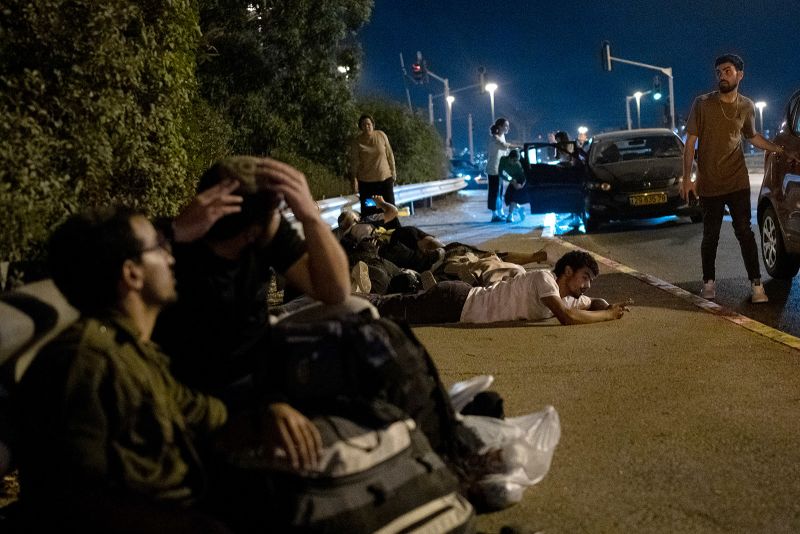
Israel’s Reaction to Iran’s Missile Attack: What We’ve Uncovered
Israel has long been faced with threats posed by Iran, particularly concerning its aggressive advancements in missile technology. The growing tension between the two nations has raised serious concerns about the potential for conflict escalation and the ways in which Israel might respond to Iran’s missile barrage. Here’s a closer look at what we know about Israel’s possible responses in such a scenario.
**Israel’s Advanced Defense Systems**
One key aspect of Israel’s response to Iran’s missile attacks is the country’s state-of-the-art defense systems. Israel has developed a sophisticated anti-missile defense network, including the Iron Dome, David’s Sling, and the Arrow system. These systems are designed to intercept and neutralize incoming missiles, protecting Israeli territory and population centers from harm.
**Preemptive Strikes and Retaliation**
In the event of an Iranian missile barrage, Israel may consider preemptive strikes to neutralize the threat before it materializes. The Israeli Defense Forces (IDF) are renowned for their strategic capabilities and may launch targeted operations to take out Iranian missile sites and infrastructure. Additionally, Israel has a track record of retaliating swiftly and decisively in response to attacks, signaling to Iran that any aggression will be met with a strong and immediate response.
**International Diplomacy and Alliances**
Israel is likely to leverage its diplomatic relationships and alliances to garner support in the face of Iranian aggression. The country has strong ties with the United States and other Western nations, which may provide political backing and even military assistance if the situation escalates. Israel will also work closely with regional allies, such as Saudi Arabia and the UAE, to coordinate a unified response to Iran’s actions and strengthen collective defense mechanisms.
**Cyber Warfare and Intelligence Operations**
In addition to conventional military tactics, Israel may engage in cyber warfare and intelligence operations to disrupt Iran’s missile capabilities and gather crucial information on potential threats. Israel is known for its advanced cybersecurity capabilities and could target Iranian networks to sabotage missile launches and communication systems. Intelligence gathering will also play a critical role in assessing Iran’s intentions and capabilities, enabling Israel to make informed decisions about its response.
**Deterrence and De-escalation Efforts**
Ultimately, Israel’s goal in responding to Iran’s missile barrage is to deter further aggression and prevent a wider conflict. While Israel is prepared to defend itself with force if necessary, the country also values stability and seeks to avoid a full-blown war with Iran. Efforts to de-escalate tensions and engage in dialogue, possibly through intermediaries or backchannel communications, may be pursued to reduce the risk of a dangerous spiral of violence.
In conclusion, Israel faces a challenging and complex situation in responding to Iran’s missile threats. By leveraging its advanced defense systems, strategic capabilities, international alliances, cyber warfare tools, and efforts toward de-escalation, Israel aims to navigate this volatile scenario with caution and resolve. The coming days and weeks will be critical in determining how Israel ultimately addresses Iran’s missile barrage and works to safeguard its security and stability in the region.
